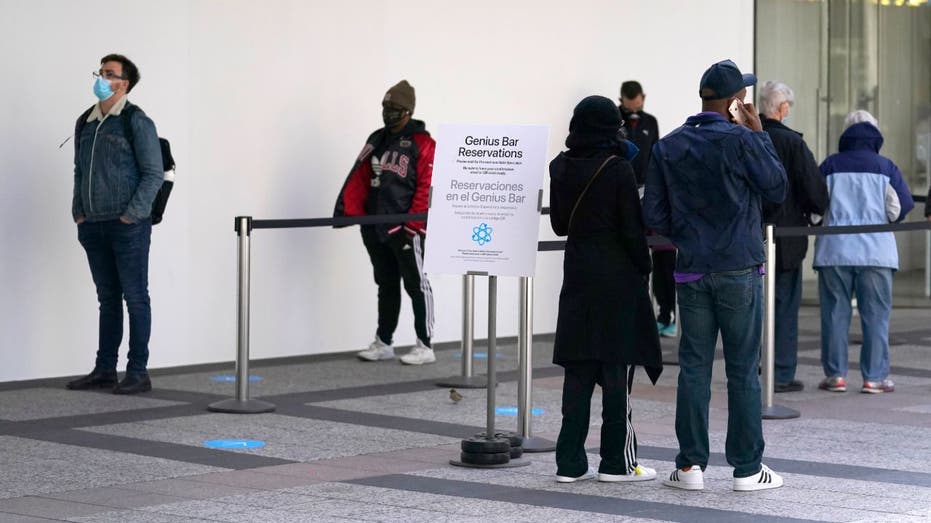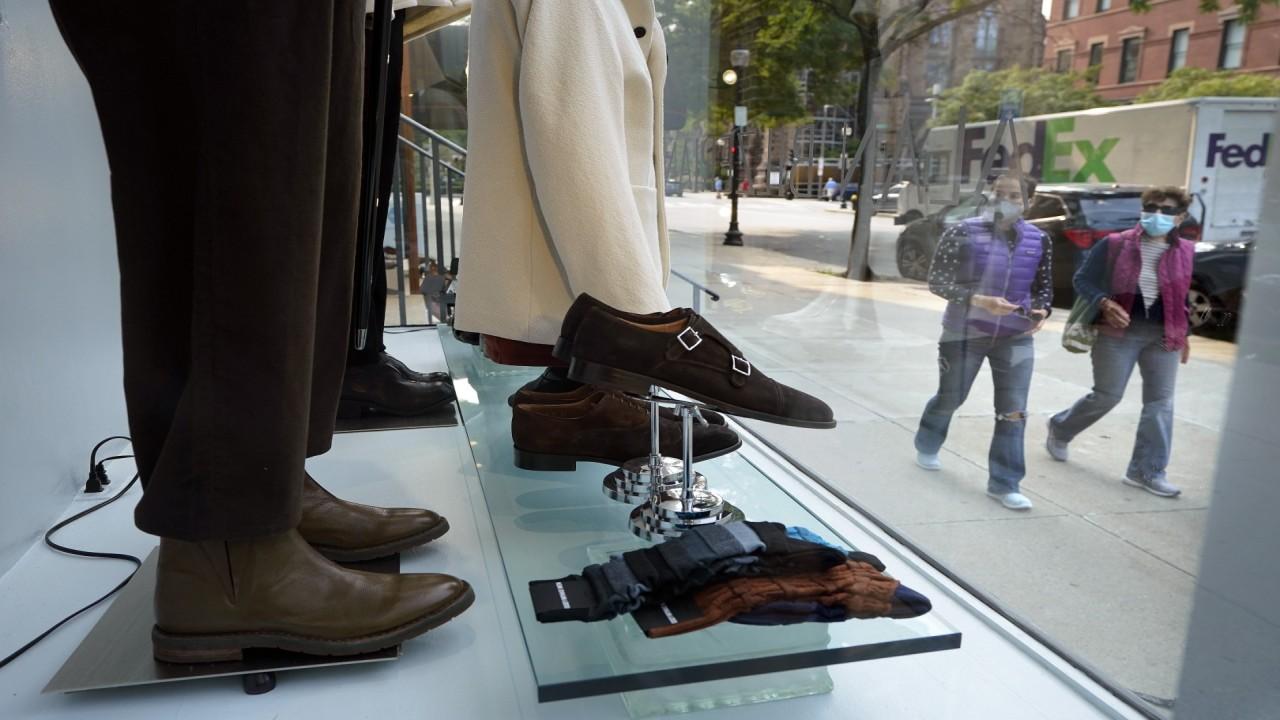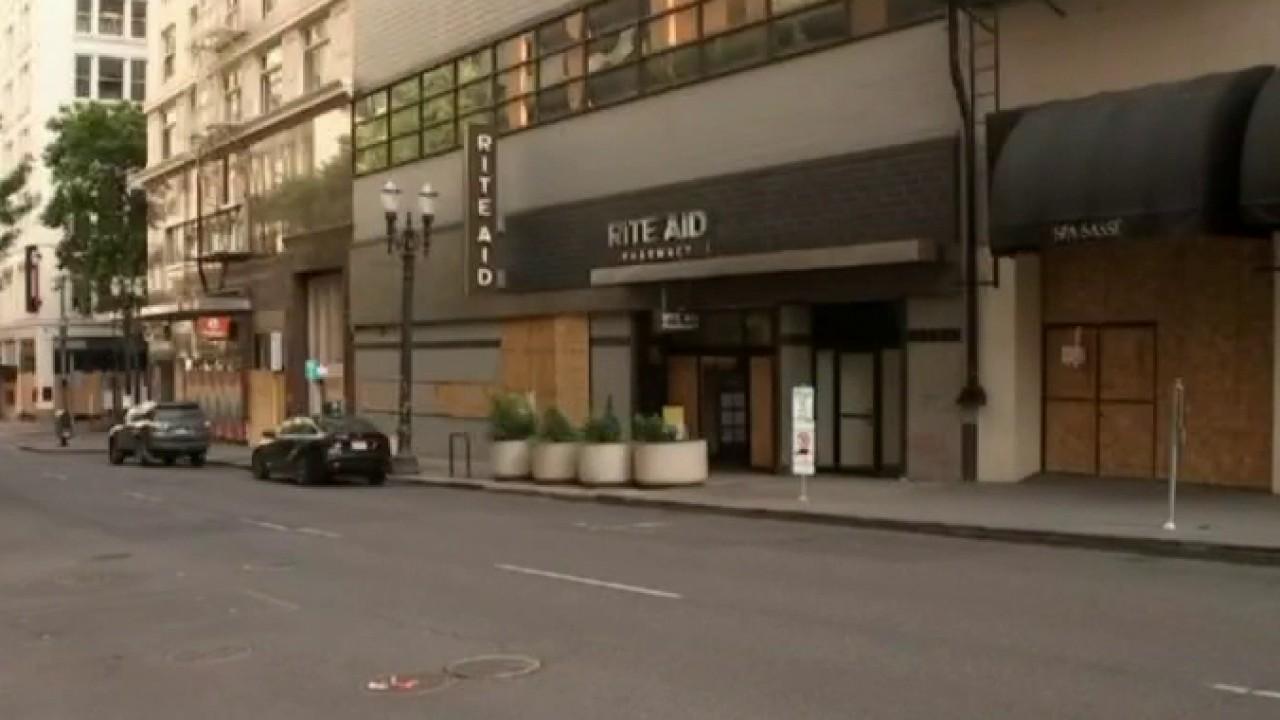How COVID will affect Black Friday, holiday sales and the future of retail: Ex-Nordstrom executive
As the retail industry adjusts to a 'new normal,' two questions remain
Black Friday marks the start of the holiday shopping season — yet this season doesn’t resemble any that came before.
COVID-19 has sent shock waves rippling across the globe, hitting the retail sector especially hard. The disease has disrupted how consumers shop, altering the way workers serve customers, and in many cases kept shoppers and employees from even entering stores.
Change can be difficult and frightening, especially for retail workers whose roles have been turned upside down by the pandemic. As the retail industry adjusts to a “new normal,” two questions remain.
First, what does the future hold as we await a vaccine?
RETAILERS BRACE AS COVID-19 BEARS DOWN ON CONSUMERS AND ECONOMY
And second, should retail floor workers brace themselves for even more disruption as we move through the holiday season and into 2021?
Drawing on my nearly one decade of experience as an executive at Nordstrom and chief marketing officer for two online retailers, I anticipate that the industry will undergo a second wave of change post-pandemic that will further impact the daily lives of retail employees.

Customers wait in a socially distant line Wednesday, Nov. 18, 2020, outside the Apple Store along the Chicago River in Chicago. The accelerating surge of coronavirus cases across the U.S. is causing an existential crisis for America’s retailers and s
COVID-19 has flipped the interactive retail model upside-down. One could argue that the role of a retail worker in today’s current environment more closely resembles that of a security guard.
Drawing on my nearly one decade of experience as an executive at Nordstrom and chief marketing officer for two online retailers, I anticipate that the industry will undergo a second wave of change post-pandemic that will further impact the daily lives of retail employees.
Retail employees are now responsible for enforcing the wearing of masks; ensuring checkout stations are properly cleaned; conducting shopper headcounts to manage crowd-control; and confirming that social distancing protocols are being followed.
2020’S BEST BLACK FRIDAY DEALS ARE AT THESE RETAILERS: REPORT
All these steps are necessary because COVID-19 spikes are occurring across the country, with U.S. hospitalizations hitting record highs this month.
More and greater stressors are now facing floor workers than ever before. Rather than questioning how to provide shoppers with an engaging in-store experience, retail workers and managers are likely asking themselves how they can just keep their stores operating while keeping everyone safe.
These fears are magnified on a day like Black Friday.
My best advice for retail floor workers right now is to focus on finding a way to move through this challenging period of time, which will indeed pass, even if the light at the end of the tunnel seems miles away.
The truth is that we are all in this together. It is this unity that will give us the strength to forge through this crisis with strength and compassion.
There are greater implications, however. If I were a retail worker, in addition to fears about my health I would be worried about what my job might look like in the post-pandemic world and how I could best prepare for the uncertain future.
The pandemic has accelerated trends that were already at play in the retail industry.
As COVID-19 continues to speed the adoption of e-commerce, it will be much more difficult for retailers to attract shoppers into brick-and-mortar stores.
One study found that six in 10 people “discovered new ways to shop” during lockdown periods, and nearly half (45%) of customers are shopping online more than before the pandemic. Because of this, brick-and-mortar retailers will be required to create more of an experience for shoppers, and the stakes will be higher than ever before.
PANIC BUYING OF TOILET PAPER HITS US STORES AGAIN WITH NEW PANDEMIC RESTRICTIONS
Here is what this new reality could mean for retail floor workers:
More expertise needed
Rather than simply directing shoppers through stores or bringing out the correct size from the back room, retail employees will spend more time providing personalized advice and expert knowledge on products to shoppers.
Apple’s in-store experience is a great early example of this type of model, where employees frequently provide education on products and host technology learning sessions for shoppers to attend. Creating this more insightful shopping experience will require retailers across the board to upskill their workforces through increased training and education sessions.
New store layouts
Retail footprints are getting smaller and the size of stores will likely continue to shrink. With improved supply chains and greater emphasis placed on the shopping experience, it will be less critical for retailers to physically hold all the inventory in-store.
Customers will likely frequent brick-and-mortar locations to receive advice from floor staff and a tactile experience that they can’t get online — while their actual purchases might be shipped directly to their homes.
GET FOX BUSINESS ON THE GO BY CLICKING HERE
Post-pandemic stores might also look more like showrooms, as opposed to rooms filled with inventory. Floor workers may find their roles shifting to hosting classes, leading demonstrations, or overseeing virtual runways.
Longer employee tenure and higher wages
With smaller stores and shrinking retail footprints, retailers will likely be forced to make further headcount reductions to fit this new and more experiential model of retail.
While the industry has been known for high employee turnover, this may need to change post-coronavirus. With the upskilling of talent, retailers will likely want to retain more skilled and knowledgeable workers by paying them higher wages, as the cost of recruiting and retraining new employees will continue to increase.
Many of us have asked when life will get back to normal. During this time of emotional and physical upheaval, the goal for retail floor workers should not be to return to what was. Instead, learning how to embrace the uncertain and adapt to the coming changes is the only way forward in this time of great transformation.
Kathy Gersch is an executive vice president at strategy execution and change management firm Kotter.





















